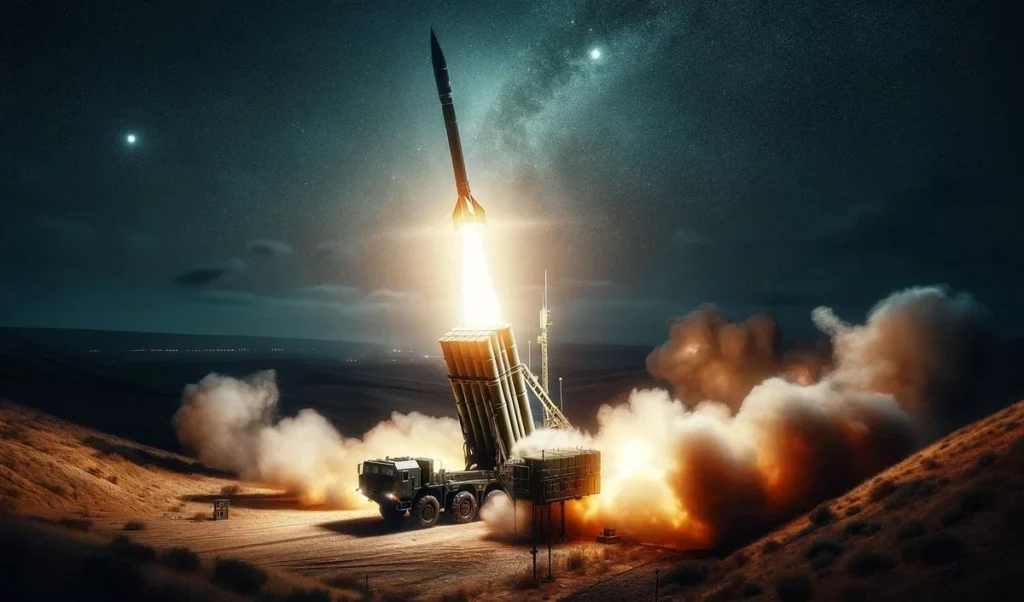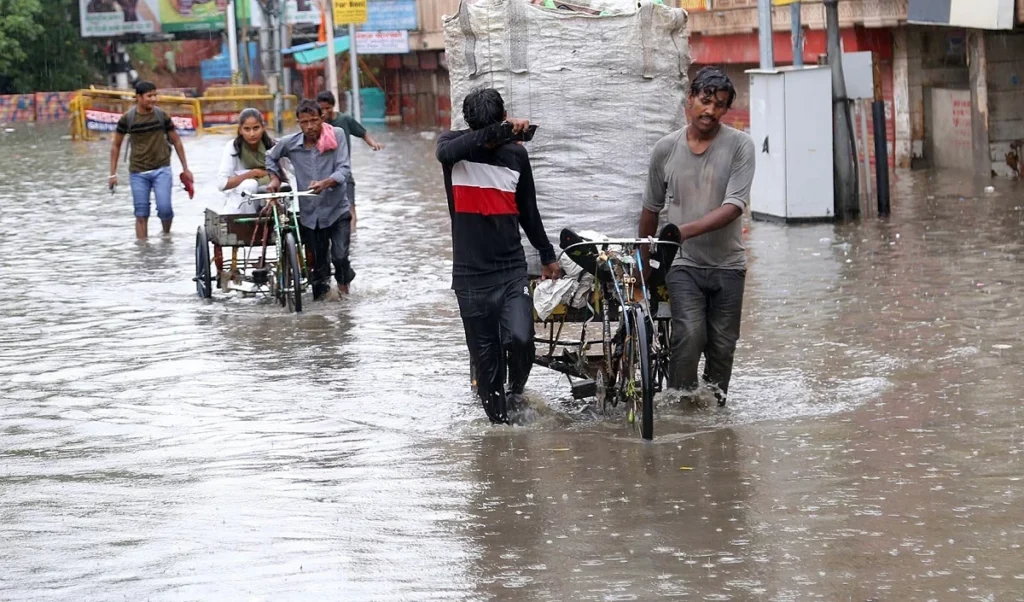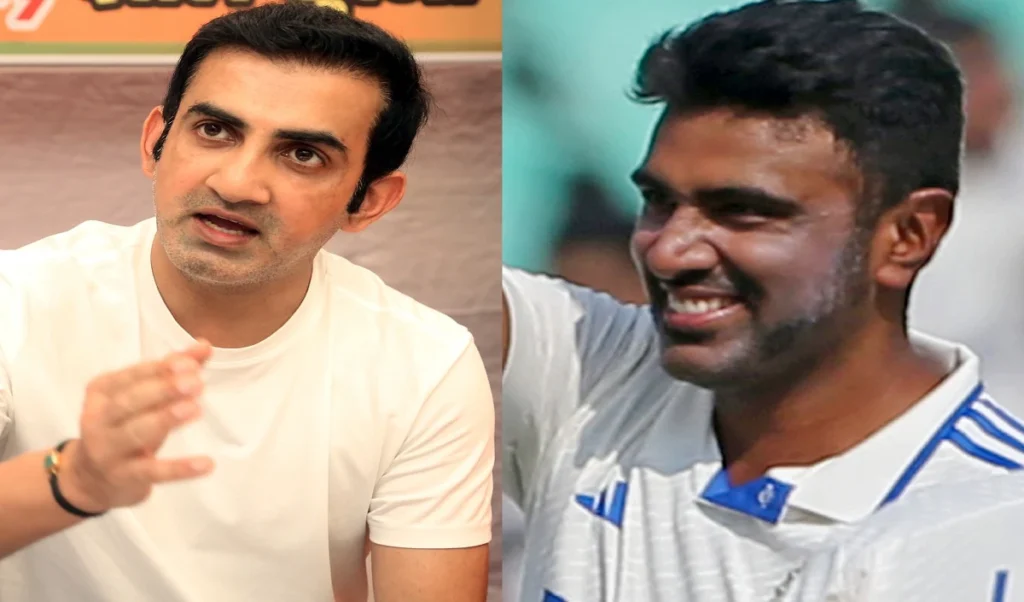It is beyond comprehension why the leaders of non-BJP parties are concerned only about the backward and Dalit caste people of the Hindu society. Why doesn’t their attention go towards those other Dalit Muslims who are deprived of their rights because of the upper class Muslims. Among Muslims, these Dalit and backward people are identified as Pasmanda community. Actually, Indian Muslims are mainly divided into three caste groups, they are called Ashraf, Ajlaf and Arzal. These are groups of castes, within which different castes are included. Just as there are Brahmin, Kshatriya, Vaishya and Shudra castes among Hindus, similarly Ashraf, Ajlaf and Arzal are seen. Ashraf includes upper castes like Syed, Shaikh, Pathan, Mirza, Mughal. These castes of Muslim society are compared with the upper castes of Hindus, which include Brahmins, Kshatriyas and Vaishyas. The second category is Ajlaf. This includes the so-called middle castes. There are a large number of them, which especially include many castes like Ansari, Mansoori, Raine, Qureshi. Qureshi meat traders and Ansari are mainly involved in the profession of cloth weaving. Among Hindus, they can be compared with castes like Yadav, Koeri, Kurmi. The third category is Arzal. This includes castes like Halalkhor, Hawari, Razzaq. Among Hindus, people who do manual scavenging are called Halalkhors and in Muslim society, people who do the job of washing clothes are called Dhobi. Arzal includes those people whose profession was that of Scheduled Caste people among Hindus. The backwardness of these Muslim castes is still the same as that of the similar castes of Hindus.
Ali Anwar Ansari, former Rajya Sabha MP and leader of Pasmanda Muslim Movement, says that the caste system works among Muslims in the same way as among Hindus. Apart from marriage and profession, the customs and rituals of different castes among Muslims are also different. Even among Muslims, people prefer to marry after seeing their own caste. Even in Muslim areas, colonies are seen formed on the basis of caste. Colonies of some Muslim castes are built on one side, and colonies of some Muslim castes are built on the other side. Turks and Lodhi Muslims live in Sambhal in western Uttar Pradesh. There is a lot of tension between them. They have their own areas. This is seen in politics also. Ali Anwar says that from life till death, Muslims are divided into castes. Leave aside marriage, there is no bread-daughter relationship except one or two exceptions. Many mosques have been built on the basis of caste. Cemeteries have been created in every village according to castes. Muslim castes like Halalkhor, Hawari, Razzaq are not given burial space in the cemeteries of Syed, Shaikh, Pathan castes. According to him, many times the police have to be called. There are at least 15 such castes among Muslims, which should get the status of Scheduled Caste. The backward castes among Muslims have been kept in OBC category, but it does not provide any benefit to the people of castes like Halalkhor, whereas their backwardness is like that of Hindu Dalits.
Also read: Is Karnataka government going to give reservation to Muslims? Now Chief Minister Siddaramaiah himself gave clarification
In this regard, Prof. Tanveer Fazal says that at the time of religious conversion, people brought their own castes with them. Even after adopting Islam he did not leave his caste. The Rajputs of Uttar Pradesh who converted to Muslim religion still write Chauhan in their names. Consider himself a Rajput. It is also believed that the Turks, Mughals and Afghans who came to India. He gave his people a higher position in the governance system and looked down on the people here. According to Professor Fazal, it may have started from there also.
Well, all these things were being told because recently Prime Minister Narendra Modi while attacking the opposition had said that why do they not talk about Dalits and backward classes among Muslims. Questioning the intention of the Congress in demanding a caste census, Modi said that the purpose of the Congress talking about the caste census of Hindu society only is to instigate one caste of Hindus against another caste, while talking about different castes of Muslims. But Congress keeps its mouth shut. Although Modi’s target was Congress and Gandhi family, but more or less the situation is the same with all those parties which do appeasement or Muslim vote bank politics. This includes leaders of all parties like Samajwadi Party, BSP, Lalu Yadav’s party, Mamata Banerjee, Kejriwal.
It is also important to remind here that even though Congress is talking about caste census during Modi rule, the previous leadership of Congress which included governments from Nehru to Rajiv Gandhi had always opposed casteism. Not only this, the Congress-led UPA government, headed by Manmohan Singh and super PM Sonia Gandhi, had not made public the caste enumeration data related to Other Backward Classes i.e. OBC in the 2011 census, despite the promise. It is ironical that today the same Congress and the Gandhi family are most anxious for the caste census. Congress not discussing about different Muslim castes and ignoring the social justice among them and denying the distinction between Pasmanda and Ashraf Muslims puts a question mark on its policy of social justice. Prime Minister Modi has been continuously drawing everyone’s attention towards the castes of Muslims and their struggle for social justice, but the so-called secular-liberals, Congressmen and communists do not consider it appropriate to discuss the castes of Muslims nor the struggle for social justice of the Muslim society. Someone matters to them. It is natural that this attitude of his will create a state of anger in the Pasmanda society, but it is another matter that this society has no political option and this society is not able to trust BJP even if it wants to. Because against BJP A lot of poison has been mixed in their hearts.
In view of the prevailing casteism among Muslims and a large section not getting their due, it becomes absolutely necessary to collect caste data related to OBC, so that all the eligible communities related to it can get reservation and other benefits in various fields including education, employment and politics. To get proper benefits of welfare schemes. The Kaka Kalelkar Commission report of 1955 had also declared some castes/communities among Muslims and other sects as backward. The Mandal Commission had also accepted in principle that castes or caste-like structures are not limited to Hindu society only, but are also found among non-Hindu groups – Muslims, Sikhs and Christians. Similarly, in the Indira Sawhney vs. Union of India case, a nine-judge bench had rejected economic criteria as a determinant of backwardness. The Court upheld the concept of caste, saying that caste can be, and often is, a social class in India. On the question of non-Hindus i.e. Muslims and backward classes in other religions, the court had said that they should be identified on the basis of their traditional occupations. Thus, backward class is a category which, without any religious discrimination, specifically refers to those caste groups which are positioned in the middle position in the social hierarchy and are left behind in terms of economic, educational and other human development indicators. Are. This makes it clear that it is justified to talk about caste calculation of Muslim society, but no such initiative has been seen from the so-called Muslim friendly and social justice parties. Overall, until a consensus is reached on a complete caste census, the need for a census of Muslim castes must be emphasized, so that the way can be paved for establishing social justice in the Muslim society as well. Today, caste census of the Muslim society is an essential part, on which the central and state governments should pay immediate attention. It is a complete lie to believe and propagate that there are no castes among Muslims and there is no difference among them. Here it has to be kept in mind that the current situation of the Muslim society is neither in the interest of the Muslim society nor in the national interest. No country can develop and prosper unless all the communities living in the country are integrated into the mainstream of the nation by proper participation in all fields. Not only the Muslims, but the general public, the central and state governments as well as the media need to understand that the Muslim society is also divided into upper-lower, forward-backward, Dalit and tribal classes. Considering the entire Muslim society as a homogeneous society, the policies being made should be reconsidered and emphasis should be laid on policy formulation keeping in mind the caste structure of Muslims. For this, the only option is to first conduct a caste census of Muslims.



